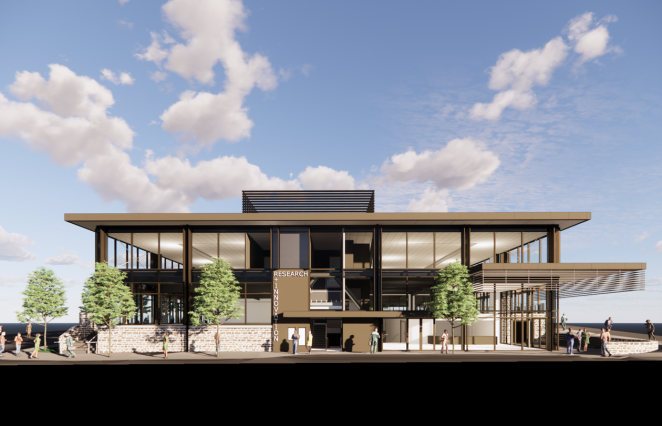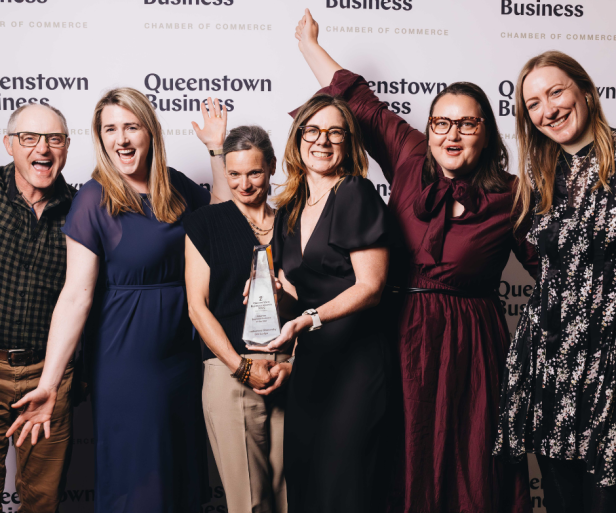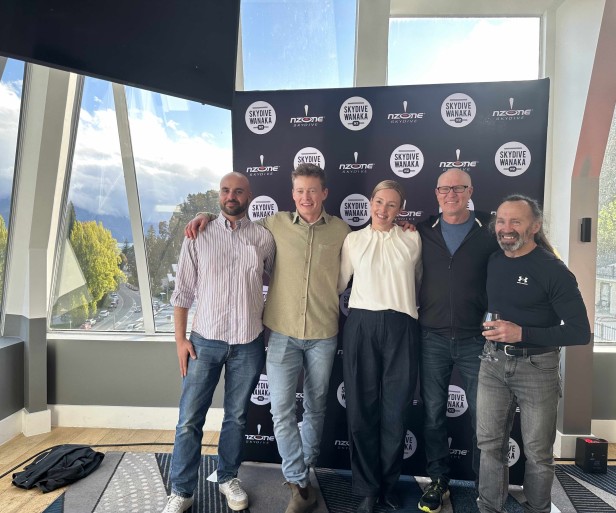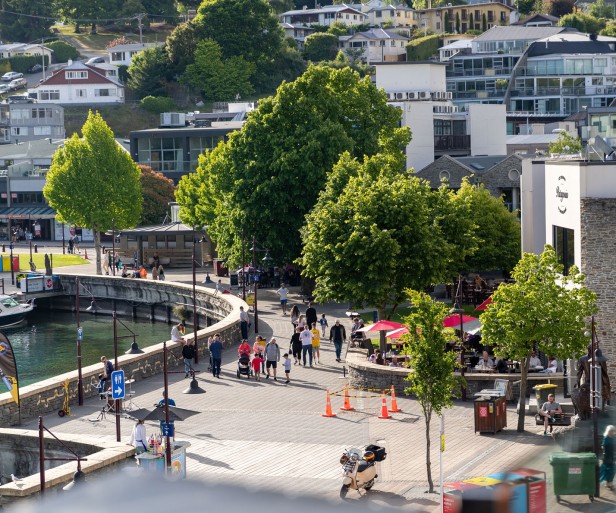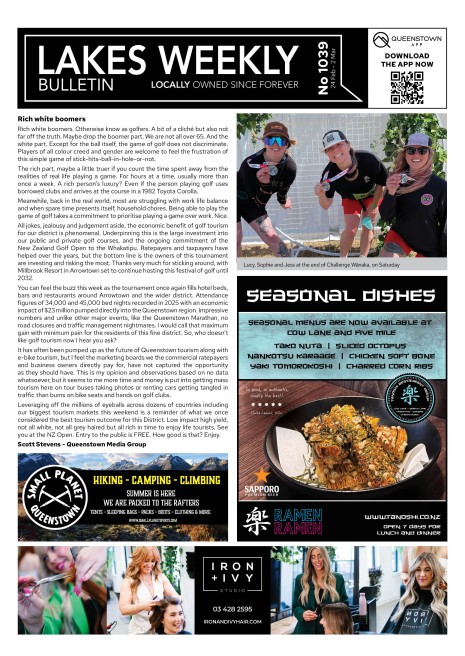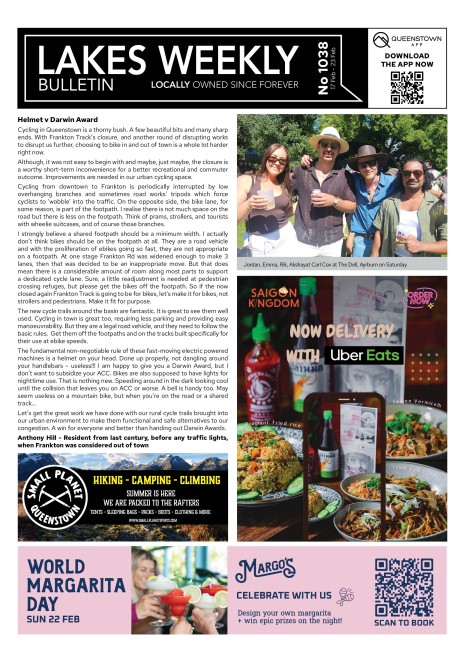Recession? What Recession?
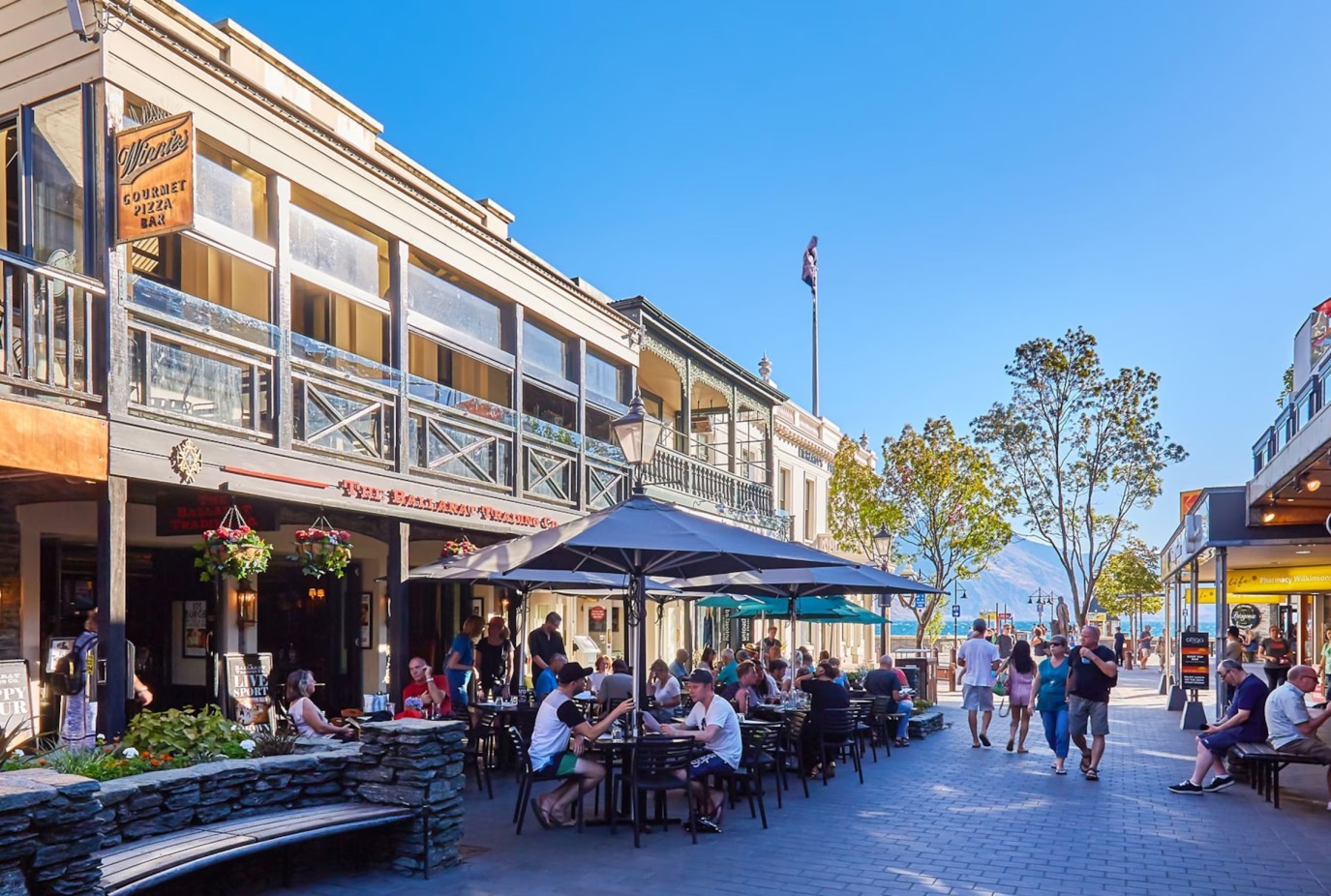
While the economic tidal wave is threatening to dump on the other side of the world, down under in Queenstown everyone’s still swimming at the beach. A recession is forecast, but it hasn’t yet hit.
However, those in the know locally say that while Queenstown is well positioned to hopefully take less of a hit than some places, it’s time to get our life jackets on.
Queenstown Lakes District Council economic development manager Peter Harris says tourism has bounced back faster than most predicted, which is really positive. However, having to reduce services due to the workforce crisis while our streets are humming with overseas tourists has been painful for businesses. The rental accommodation shortage has only accentuated the problem.
Initiatives are underway but it’s a challenge, says Peter. “I really feel for those operators having to close some days. It must be heartbreaking. You have to look after your staff. They’re like gold.”
Even if working holiday visas could be turned around any faster, the challenge is still helping those workers find accommodation.
There are lots of uncertainties remaining post-Covid and good employers are coping well to plan around so many unknowns, says Peter.
Fewer homes are being rented long-term, whether that be because Airbnb is a more favourable option, remote workers are moving in, or semi-retired homeowners are retiring, he says. Overseas resorts like Telluride in the US are also grappling with how to restrict Airbnb.
While Queenstown’s reliance on tourism became blatantly obvious after Covid, there’s been a heavier push for diversification into other industries. Initiatives include Mainland Angel Investors – a southern South Island co-operative of angel investors seeking to invest in and support start-ups, tech entrepreneur Roger Sharpe’s Whakatipu Hangarau Trust dedicated to growing the tech industry, and Queenstown Resort College’s new Machine Learning Fundamentals AI tech course. The new Research and Innovation Centre at Remarkables Park, well underway, will also attract new business.
“There are a growing number of innovative non-tourism businesses here that have been operating under the radar,” says Peter.
Things are challenging, but whether it’s a recession or not, Peter’s not prepared to predict the impact on our local economy. So many economic, political and weather events affect us, but we have a strong, established visitor brand and people aspire to live here, he says. “These act as something of a buffer.”
“Many people are working to make our economy more resilient. As we collaborate more it boosts the positive impact each group is making.”
A draft diversification plan’s being written by MartinJenkins Consultants and opinions have been canvassed far and wide. It aims to identify opportunities most likely to accelerate diversification and encourage groups to work together on these.
“We have some amazing business people creating niche industries like Geoff and Justine Ross of Hawea Station, Nadia Lim at Royalburn, Alex Worker of Impossible Foods, and Desiree and Ash Whitacker of Cardrona Distillery. There are also groups working to enhance the environment, including Mana Tahuna, and Wai Wanaka.
With traditionally six out of 10 people employed directly in tourism locally we need to diversify the economic pie. However, it’s a long game as US economic development specialist Roger Lee, from Bend, Oregon, told a local forum here in November. “He calls it a 40-year overnight success story,” says Peter.
